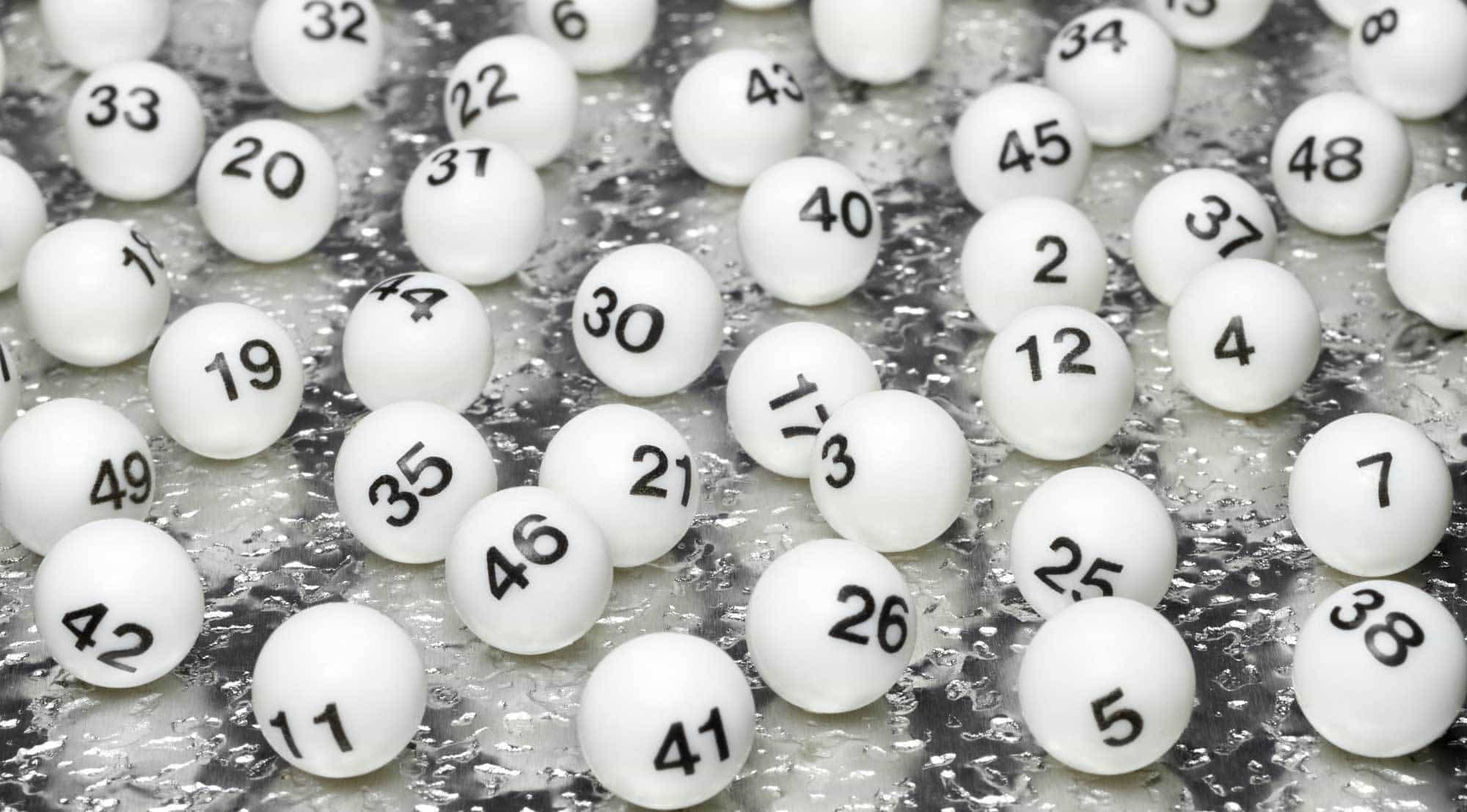New Guardian League Table for 2015 entry (and yes, Cambridge is top)
Top 25 of the full list (available here) is as follows (last year’s position in brackets):
1 (1) Cambridge
2 (2) Oxford
3 (4) St Andrews
4 (7) Bath
5 (9) Imperial
6 (8) Surrey
7 (3) LSE
8 (6) Durham
9 (10) Warwick
10 (11) Lancaster
11 (5) UCL
12 (12) Exeter
13 (18) Heriot-Watt
14 (17) UEA
15 (14) Loughborough
16 (16) York
17 (15) Birmingham
18 (19) Edinburgh
19 (24) Southampton
20 (20) Kent
21 (13) Leicester
22 (30) Aston
23 (28) Nottingham
24 (22) SOAS
25 (21) Glasgow
Exciting commentary of the new ranking is included:
The Universities of Bath, Surrey and Lancaster have charged ahead of their Russell Group peers in the Guardian league table of universities, knocking University College London (UCL) out of its traditional place in the top 10.
The London School of Economics (LSE), UCL’s neighbour and fellow member of the elite Russell Group of research-focused universities, has also suffered, losing its place in the top three to St Andrews.
The University of Cambridge underlines its dominance by coming top of the table for the fourth year in a row and increasing the gap between itself and its ancient rival Oxford, which remains in second place. St Andrews, in third, is followed by Bath, Imperial College, Surrey, LSE, Durham, Warwick and Lancaster.
Other climbers include include the Universities of Glyndŵr (from 108 to 64), Derby (from 79 to 50) and Falmouth (76 to 53).
Anglia Ruskin has seen the biggest drop (from 67 to 105), caused in part by a rising student/staff ratio. In civil engineering there are now 22.7 students per member of academic staff, where previously there had been just 14.3.
Birmingham City also fell (from 61 to 88), as did Bournemouth (52 to 71), Aberystwyth (88 to 106), Greenwich (70 to 87), Chester (46 to 61) and Bristol (23 to 34).
It’s pretty difficult to understand what is actually going on here but there is some helpful commentary:
The chief factor causing UCL’s drop out of the top ten was a fall in the number of leavers getting graduate-level jobs, says Matt Hiely-Rayner, from Intelligent Metrix, the independent consultancy that compiles the tables.
“There have been big falls in the numbers going on to graduate-level jobs or further study, particularly in psychology and chemistry. Another contributor is a drop in overall student satisfaction.”
As for the LSE, a drop in its employability score and spending per student caused it to lose its place in the top three.
Universities hoping to climb the league tables, Hiely-Rayner advises, should “identify their areas of weakness and concentrate on improving those. They should do that according to their own internal analysis, not just what the league tables say.”
Outstandingly useful tip that.











